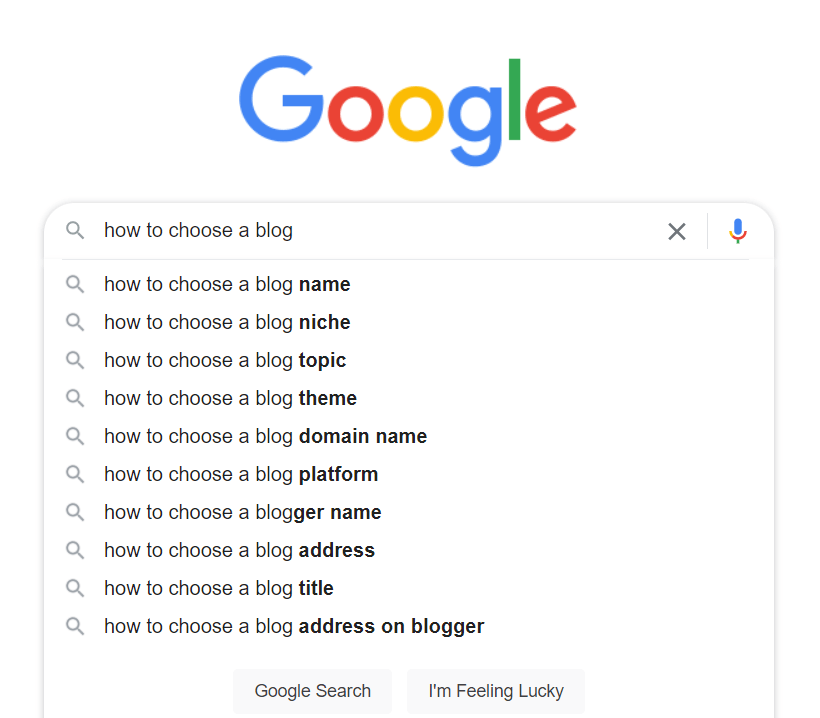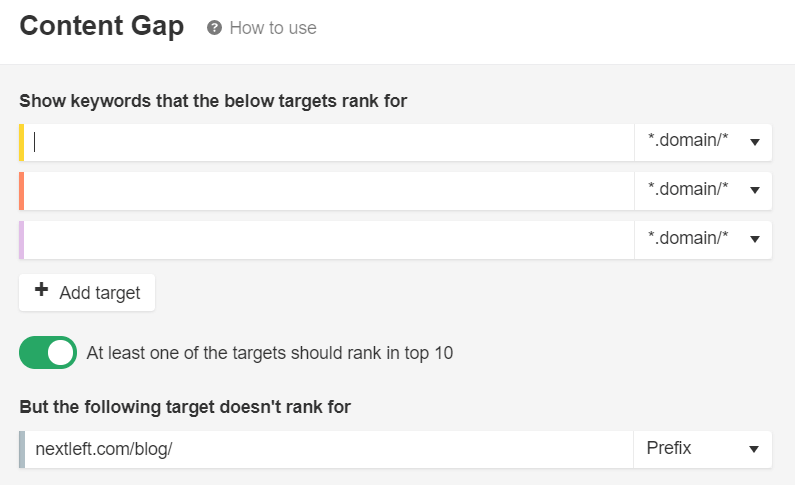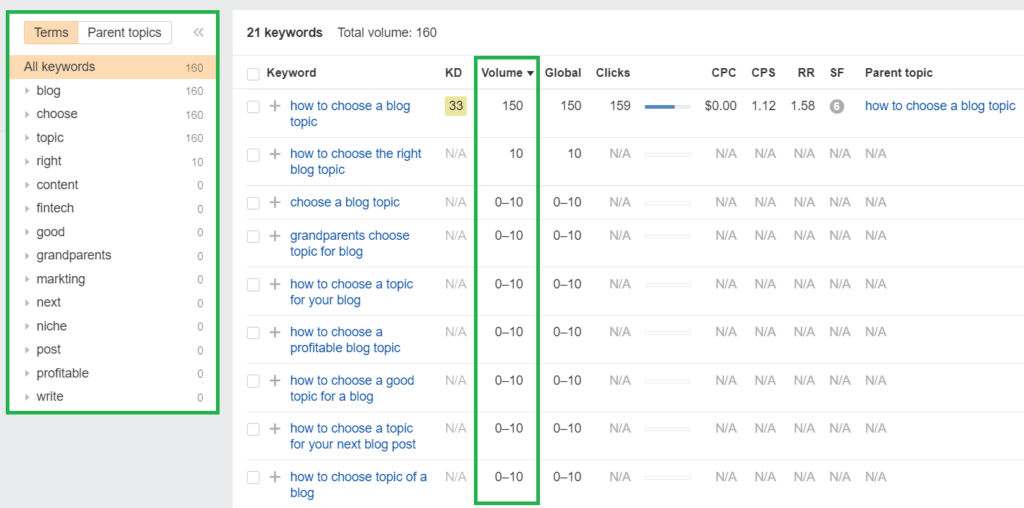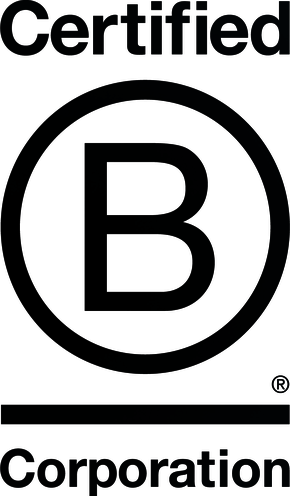Choosing the right topic to blog about isn’t always easy. It’s not as simple as writing on a subject that’s interesting or that you are passionate about. In order to craft the best blog content, there must be an understanding of goals and audience before coming up with ideas and putting pen to paper. In this article, we will provide tips on how to pick a blog topic from start to finish. Read more below!
Table of Contents
Setting the Foundation
- What is the Goal of the Website?
- What Type of Content?
- Who is the Target Audience?
- What Topics Should be Avoided?
Finding New Ideas
Setting the Foundation
What is the Goal of the Website?
If you run a website or blog, ideally the purpose should have been identified from the beginning. However, it is always good to check in and make sure that this part is very clear because it will educate many content related decisions moving forward. Some common purposes of websites include:
- Selling products and making revenue
- Generating leads
- Acquiring users
- Educating or fostering awareness
- Increasing number of readers or social following
- Journaling
As can be seen, there are some widely different goals for the types of websites listed above and knowing where your site lands will dictate the content strategy moving forward.
What Type of Content?
One level deeper from knowing the purpose of the website is thinking about the type of content for the blog post itself. This is an important distinction because a website or blog may have one goal, but can use a variety of different content types to reach that goal. Types of content can include:
- Organic: Created for the purpose of ranking for keywords and earning new users. This tends to be more evergreen and answer common questions that users may have.
- News: Used for promotion, updates or public relations. This content has a shorter shelf life and is about a specific moment in time or event.
- Newsletter: For subscribers or readers that already know about you. The goal is to send this out via email or provide new content for users who have bookmarked your blog.
- Branded: Used for informational purposes to explain a brand, product, service or vision to users.
This step is important because it will drastically shape how to think about the blog post. For example, if trying to rank for certain keywords and show up in search results, then you’ll need to invest in things like search engine optimization and keyword research. However, if the content is made for highlighting news or subscribed readers, then the content will be less concerned about ranking organically and more focused on addressing specific topics or trends within a larger subject.
Who is the Target Audience?
Once the purpose and type of content has been determined, then start thinking about the target audience. For example:
Website A is a fashion blog. Content here should be tailored to users who want to stay up on the latest styles and trends. The focus should be less on evergreen content and more on newsworthy or trendy topics that help increase the number of readers or social followers.
Website B sells health supplements. Content here should be evergreen and tailored towards answering questions around nutrition and a healthy lifestyle for new potential customers that may turn into sales revenue.
Knowing the purpose of your website, the type of content to produce and your target audience are the three most important steps for writing successful content for any blog!
What Topics Should be Avoided?
If you have done the previous steps and are still stuck, it can help to flip the question on its head and start thinking of topics that won’t work for your website. Sometimes this will be easily identifiable. For example, as a fashion blogger you don’t want to write topics around car maintenance.
Other times, it may be a little less clear and you’ll want to pay attention to the end goals of your website. For example, as an eCommerce store, newsworthy content may seem relevant but is probably going to lead to less sales than an evergreen guide or listicle. Conversely, most stand alone blogs thrive on trendy content and would lose readers if only producing lengthy guides and resources.
Knowing what keywords and topics will not work for your website will allow you to focus your efforts on finding topics that are a better fit!
Finding New Ideas
Now that the foundation has been set, it’s time to start coming up with ideas! As stated previously, ideas for your blog are going to be highly dependent on the goal of the post and your target audience. Bearing this in mind, we will provide some helpful tactics below for coming up with blog post ideas!
Brainstorm
This may sound simplistic, but formulating your own ideas is truly the first step to coming up with good blog topics. Especially if you are an expert on a subject, then you probably have a good idea of common questions, news, or trends already. Leverage this knowledge to start choosing a blog topic!
To validate these ideas, take them to Google and start typing in some keywords. Use features like People Also Ask or Suggested Search. This will let you know if you are on track or if someone has written about this topic before.

Check Competitors
Another great way to discover new blog topics is to look at competitors’ websites. What are they writing about? What questions are they trying to answer? Are there any common themes? This can provide potential topics to write on or at the very least, help spark creativity for coming up with similar or adjacent topics.
If the purpose of the blog content is to rank organically, then there are plenty of valuable marketing tools such as ahrefs or SEM Rush which can allow you to run a content gap analysis between your website and a competitor’s. This can be a quick way to show what topics or keywords they have written about and gaps where your blog has no current content.

Read Forums
Similar to checking competitors’ websites, reading message boards, forums or user comments can be a great way to get ideas for your next blog post. Pay attention to any questions that seem relevant or don’t have clear answers. This can be great initial material that can then be turned into a deeper dive on the subject.
Run Keyword Research
Whether your goal is to produce a post that ranks organically or not, doing keyword research can be a great way to find new ideas. Using a tool like the ahrefs keyword explorer, type in a term and look at the list of suggested keywords along the sidebar for new topics ideas or relevant keywords. Also pay attention to metrics like monthly search volume to gauge interest on a subject based on the number of monthly searchers. If you have exhausted all of your ideas from brainstorming and competitor research, using tools can be a quick way to point yourself in the direction of new ideas!

* Just because a keyword has little to no search volume does not mean it is a bad topic to write about, especially if you are not relying on organic traffic for pageviews!
Choose Your Next Blog Topic with NextLeft!
Are you having trouble coming up with topics for your blog? If you want to come up with content for your website, NextLeft can help! We have extensive experience when it comes to content marketing and new topic ideation. Contact us and see how we can jumpstart your blog presence today!




